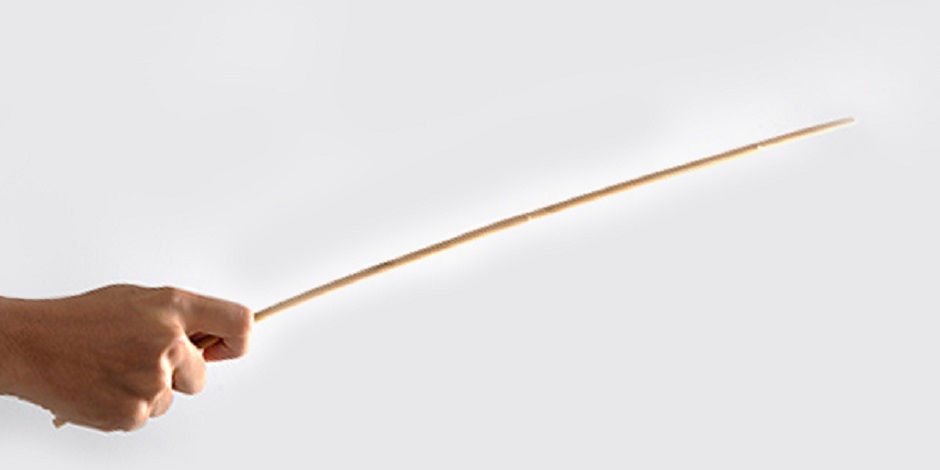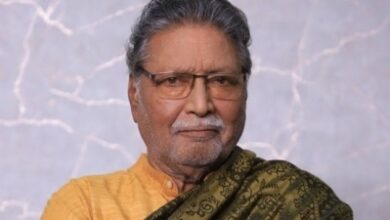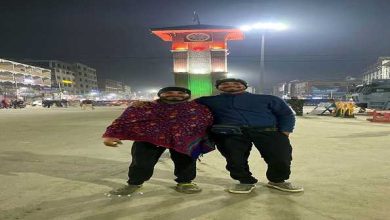
By D N Singh
Barely few hours have passed when in Rajasthan a young student died after being thrashed by the school teacher. The issue has shocked one and all in the state and the state’s deputy chief minister Sachin Pilot has raised the issue demanding a probe and fitting punishment for the perpetrating teacher.
#Rajasthan minor’s death case: #SachinPilot (@SachinPilot) questions his own govt
Read: https://t.co/Km72stsuZE pic.twitter.com/3gmlkre8Wh
— IANS (@ians_india) August 17, 2022
Even the National Human Rights Commission (NHRC) has taken suo motu cognizance and summoned the school authorities and the teacher.
What Is Happening?
It is not about statistics but the very fact that, a child virtually gets killed by a teacher or parent for reasons that she or he failed to stand up to the highly questionable educational system, is something incomprehensible.
There had been three occasions in India, corporal punishment mete out to school students were banned (in some states/territories) in 1983, 2006 and banned in 1994. It was according to the Global Initiative To End All Corporal Punishment of Children.
Some years back a students in Telengana, in 2015 to be specific, died after being severely beaten by the teacher. Obviously the incident led to massive tension in the area.
Frankly speaking that in many states and territories, the ban is not effected deep and it goes on, physically and mentally as well.

Poland was the first nation to outlaw corporal punishment in schools in 1783.
Corporal punishment in schools is no longer legal in any European country. By 2016, an estimated 128 countries had prohibited corporal punishment in schools, including all of Europe, and most of South America and East Asia. Approximately 69 countries still allow for corporal punishment in schools, including parts of the America and many countries in Africa and Asia.
During the school hours or at home, beating a child with leather straps or heating the palms with a wooden stick or smacking on the buttock, all that leads to humiliation which in many children grow to be cause for jitters or fear or complex and frustrating as well.

Many argue that physical punishment is ineffective in the long term, interferes with learning, leads to antisocial behavior as well as causing low self-esteem and other forms of mental distress, and is a form of violence that breaches the rights of children.
That’s the latest warning to teachers who resort to corporal punishment. The Ministry of Women and Child Development has issued a new set of guidelines that bans physical punishment of students.
Six Deaths Of Kids in 75 Days!
Six deaths due to corporal punishment in two and half months across the state was a shocking statistic to reckon with on the occasion of Teachers’ Day in 2011.
Revise The System
This scourge of education system is also one of the chief reasons for students dropping out from school, said the city-based child rights organization Andhra Pradesh Balala Hakkula Sangham.
The values which a teacher tries to impart must reflect through his own behaviour and personal choices.






